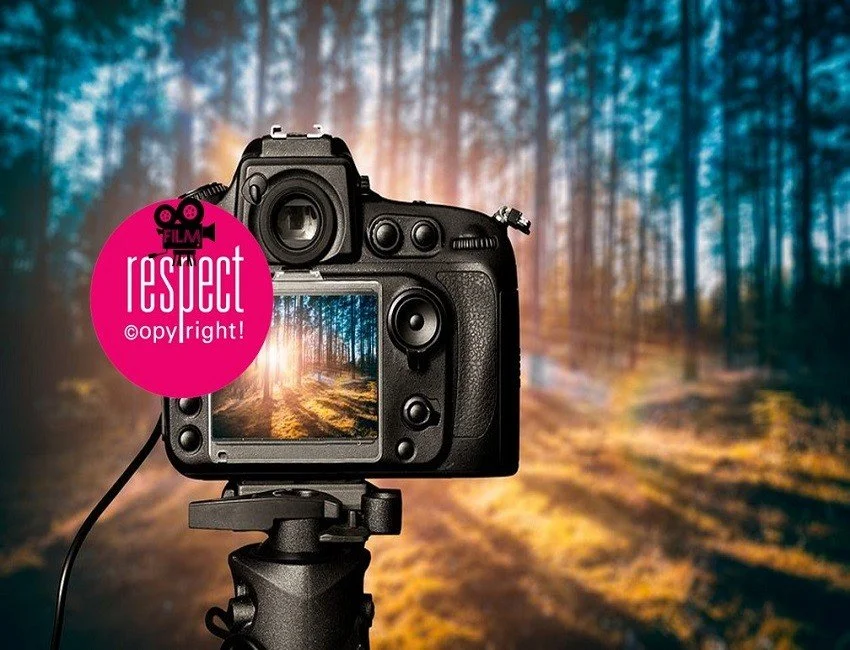Understanding Copyright and Licensing in Video Production
Introduction:
Video production involves creativity, hard work, and dedication, making it essential to protect your original content from unauthorized use or infringement. Copyright and licensing play a crucial role in safeguarding your creative work and ensuring legal compliance. However, navigating the complexities of copyright law can be daunting for content creators. In this blog, we provide a comprehensive guide to help you understand copyright and licensing in video production, empowering you to protect your content, respect intellectual property rights, and produce videos that inspire and engage your audience with confidence.
What is Copyright?
Copyright is a legal right granted to the creators of original works, such as videos, music, literature, and artwork. It provides creators with exclusive rights to reproduce, distribute, display, and perform their work. In the context of video production, copyright protects your video from being copied, shared, or used without your permission.
Understanding Fair Use:
Fair use is an essential exception to copyright law that allows limited use of copyrighted material without the copyright holder's permission. Fair use typically applies in cases of criticism, commentary, news reporting, education, or parody. However, determining fair use can be subjective, and it's essential to exercise caution and seek legal advice if you are unsure whether your use qualifies as fair use.
Licensing Your Work:
Licensing allows you to give others permission to use your copyrighted work under specific terms and conditions. By licensing your videos, you can control how others use your content while still retaining ownership. Creative Commons licenses, for example, allow you to grant various levels of permission to the public, making it easier for others to use and share your work with proper attribution.
Using Copyrighted Material in Your Videos:
In video production, it's essential to be mindful of using copyrighted material, such as music, images, or footage from other creators. Using copyrighted material without proper permission can lead to legal consequences. Instead, opt for royalty-free music and stock footage libraries, where you can obtain content that comes with the necessary licenses for commercial use.
Copyright Protection and Enforcement:
To protect your videos and creative work, consider registering your copyright with the appropriate authorities in your country. Copyright registration strengthens your legal standing in case of infringement and allows you to seek damages and attorney fees if your work is unlawfully used. Additionally, regularly monitor and enforce your copyrights to prevent unauthorized use and preserve the integrity of your content.
Conclusion:
Understanding copyright and licensing is essential for content creators and video production professionals alike. By grasping the fundamentals of copyright law, fair use, licensing, and copyright protection and enforcement, you can confidently safeguard your creative work, respect intellectual property rights, and produce videos that inspire and engage your audience with integrity. At Slate 48, we value the importance of copyright compliance and respect for intellectual property in video production. Let us help you create videos that are not only compelling and innovative but also legally compliant and ethically sound. Contact us today, and together, we'll navigate the intricacies of copyright and licensing to protect your creative vision and drive success for your video production endeavors.

